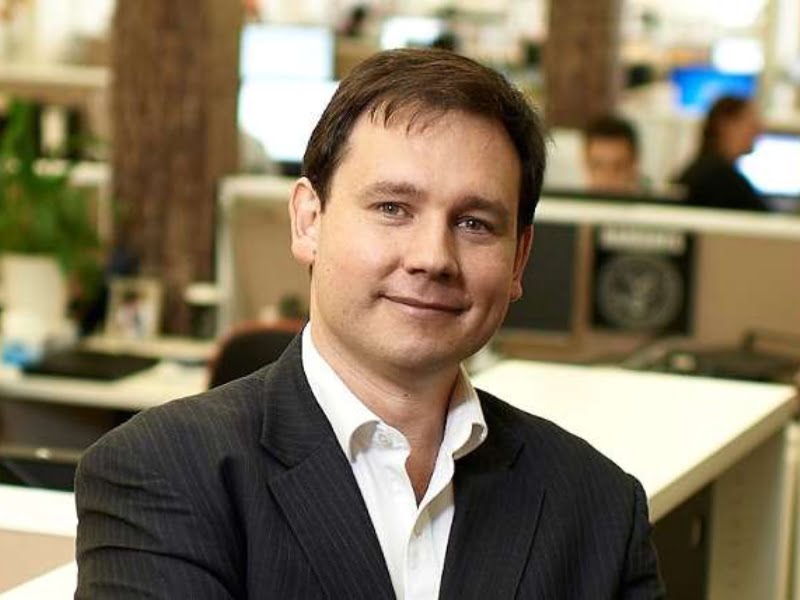Home-grown digital experience platform leader Squiz has invested tens of millions of dollars in recent years building out its enterprise transformation products, and restructured in 2020 to put the company on a new growth trajectory.
Squiz is one of my favourite Australian tech companies. Founded in 1998 during the first dotcom boom, the company boot-strapped its way to $80 million+ revenue, 400-odd employees, and offices all over Australia, as well as the United States, United Kingdom, Poland, Singapore and New Zealand.
Led by founders who are still passionate about the market they operate in – chief executive John-Paul Syriatowicz and executive chairman Steve Barker – the company is the poster child for an Australian business technology success story.

Squiz has all of the characteristics of the archetypal company that Australian industry policy aims to create.
It builds software here in Australia. The software it builds is world class. It owns and continues to invest in its intellectual property.
The company is export focused on a fast-growing global market. It is profitable and it is debt-free.
And finally, through its acquisition of the FunnelBack search technology from the CSIRO (in addition to the team that developed it), Squiz is experienced in collaborative research, taking institutional IP into turning it into a long-term wealth-creating success for the nation.
In this episode of the Commercial Disco, I spoke to chief executive John-Paul Syriatowicz (or JP as he is almost universally known) about the company’s product development focus, and a 2020 corporate restructure aimed at delivering a next level of growth in international markets.
For the first time in its 23-year history, the company has taken an equity partner to fund a new build-phase – building depth and breadth across its product line as well as building its sales infrastructure for the US and other international markets.
Squiz has been in the game a long time, through many generations of industry policy. The company has a history of getting on with it. Certainly, there is no sense that it has ever waited on government to provide a leg-up.
But neither is the company is bystander, and Mr Syriatowicz says there are a couple of areas where government could make a big difference.
The first relates to skills. Like the rest of the software development and digital delivery sector, Squiz is dealing with talent shortages made more difficult by the pandemic. Demand continues to rise, but the ability to import specialist talent from overseas now that closed international borders makes this no longer an option.
“That makes it hard,” Mr Syriatowicz said. “We fortunately had some [development] infrastructure already overseas and we have been able to use that.”
“But we are proud of the fact that we develop this software here in Australia, and we are keen to continue to do that. We have no intention of changing that structure, but it is certainly challenging now that it has become so hard to get hold of people.”
It does not need to be this hard. A program designed to attract top-tier talent to come to Australia to live and work might now be possible. Australia is looking attractive right now in terms of the health response to COVID, as well as its economic recovery.
“A two-week stay in quarantine doesn’t seem like such a trial if it is set against a long-term work placement. It would be a great way to bring new knowledge and [world-class] skills into the country and would be a real boost to our economy.”
The preference is always to hire Australians, he said. But there are some roles that are subject to intense international competition and where Australia has not been able to produce home grown talent.
The second policy area where government could make a difference in building a large scale, viable software development ecosystem is simple. Fix the R&D tax incentive in relation to software.
Mr Syriatowicz says that “we have invested tens of millions of dollars on product development in recent years” but have benefited from the tax incentive at about 1 per cent of the investment amount.
“So when it comes to considering how the R&D tax incentive is going to impact on product investment strategy and decisions, it’s really not a meaningful consideration.”
A stronger incentive in R&D in the software development sector would have a positive impact on the risk profile of investments. If looked at from an industry-wide perspective, it could drive faster development of the software product development eco-system.
In an industry of weightless exports, this could have tremendous benefits for the economy – where companies developing intellectual property retain that IP within their Australia-based corporate structure.
“There are a lot of reasons why it doesn’t make sense to develop software in Australia. We do it here because we are proud of it, and we’ve established ourselves and have the infrastructure to do it,” Mr Syriatowicz said.
“But there are lots of things that work against us. Like the general taxation environment and a range of other aspects – like distance and access to talent – all of these things can make it a challenge.”
“Anything that could work to make it more attractive to stay here [in relation to product development] and to remain headquartered here would be a great thing,” he said.
“I am not pushing for lower tax rates or anything else like that specifically. But I am saying [government] needs to look at these things wholistically and say, ‘what can we do to ensure that that talent – that sovereign capability – stays here and is developed here.”
Do you know more? Contact James Riley via Email.

